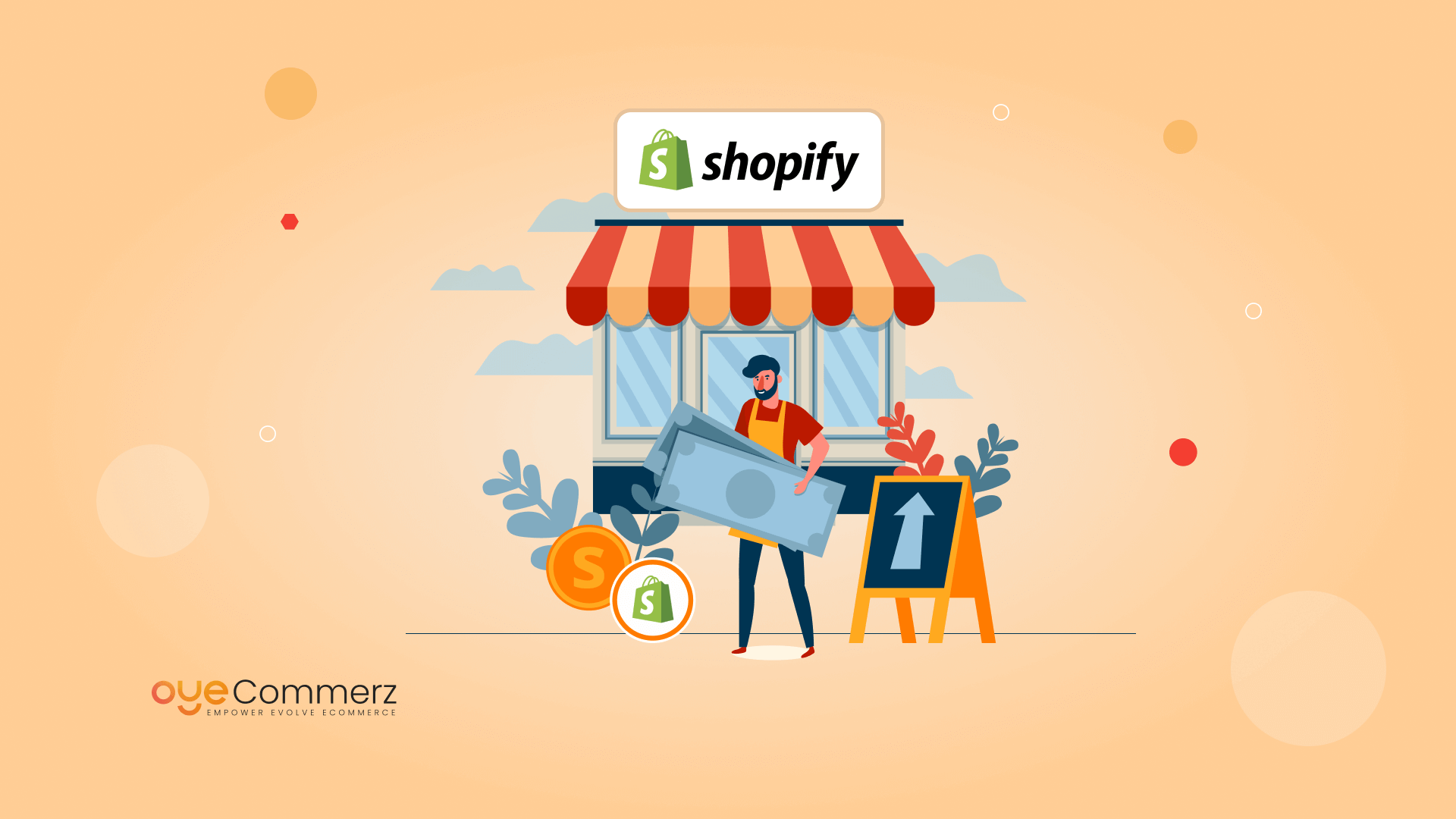Introduction
In today’s competitive e-commerce landscape, standing out is paramount, and one of the best ways to set apart a Shopify store is through tailored app creation. A robust Shopify app can enhance store capabilities, streamline operations, and boost customer engagement. This article delves into key elements of Shopify app development, from API integration to growth techniques and promotion methods, providing a roadmap for companies seeking unmatched store efficiency.
Why Shopify API Integration Matters
Shopify’s API offers robust tools to customize and expand store functionalities. With the GraphQL and REST API options, developers can retrieve information to build applications that manage inventory management, order processing, and customer information management seamlessly. Integrating Shopify’s API can lead to better workflow automation and allows stores to serve customers more efficiently.
Utilizing the Polaris Design System
Polaris is Shopify's set of design guidelines for creating user-friendly and accessible Shopify apps. By following Polaris principles, developers guarantee that apps seamlessly integrate within the Shopify Admin interface. This ensures a cohesive look and feel that resonates with Shopify merchants, promoting ease of use and familiarity for merchants utilizing your custom app.
Understanding the Shopify App Ecosystem
The Shopify app ecosystem provides numerous opportunities for improving e-commerce sites. From managing fulfillment processes to increasing customer engagement, apps in this ecosystem are designed to meet various business needs. Familiarizing with this system assists developers in identifying unique app ideas and enables seamless integration of third-party services that enhance the store.
Developing Embedded Shopify Apps
Embedded apps integrate directly within the Shopify Admin, providing a smooth interface for merchants. They allow merchants do not need to navigate away from their Shopify control panel, simplifying their process. Employing Shopify App Bridge and embedded app features is a best practice for providing a unified, integrated user environment.
Leveraging Node.js and React for Shopify Development
The technologies Node.js and React have become top options for Shopify app creation. This server-side framework enables high-performance server-side applications, while React allows for interactive and adaptive front-end user interfaces. Together, they provide an Enhance customer engagement on Shopify strong platform for creating speedy, growth-ready Shopify apps that enhance store performance and customer engagement.
Utilizing Webhooks in Shopify Development
Webhooks enable instant data synchronization between Shopify and an external app. They trigger events such as Node.js and React for better Shopify apps order creation or inventory updates and send instant notifications to your app. By implementing webhooks, apps can deliver real-time insights for store owners, simplifying processes and increasing efficiency.
Customer Engagement and Digital Marketing for Shopify Apps
To ensure Shopify app success, connecting with users is key. Using online marketing techniques like SEO, email marketing, and social outreach can increase app usage. Additionally, creating applications with customer interaction as a focus (e.g., loyalty programs or personalized recommendations) increases user retention and loyalty.
Scaling Your Shopify App
As e-commerce businesses grow, so do their technological needs. Making sure that your app can manage higher usage, larger databases, and more complex functionalities is essential. By optimizing server resources and using scalable technologies, you can create apps that expand in parallel to a store’s growth.
Important Features and Maintenance Tips for Shopify Apps
For an app to be useful, it should offer essential features like user authentication, dashboard analytics, and support channels. Regular app upkeep, with updates to fix bugs and ensuring compatibility with new Shopify features, is vital to maintain uninterrupted performance and avoid interruptions to merchant workflows.
Conclusion
Custom Shopify app development holds vast potential for e-commerce stores, providing the chance to enhance performance, simplify operations, and build customer relationships. With API integrations and Node.js to ensuring scalability and customer engagement, building a Shopify app requires careful planning and strategic execution. If you’re prepared to unlock your store’s full potential, a tailored Shopify application may be the perfect choice. What capabilities do you see for your ideal app? Share your thoughts and begin the journey to an enhanced e-commerce experience!
